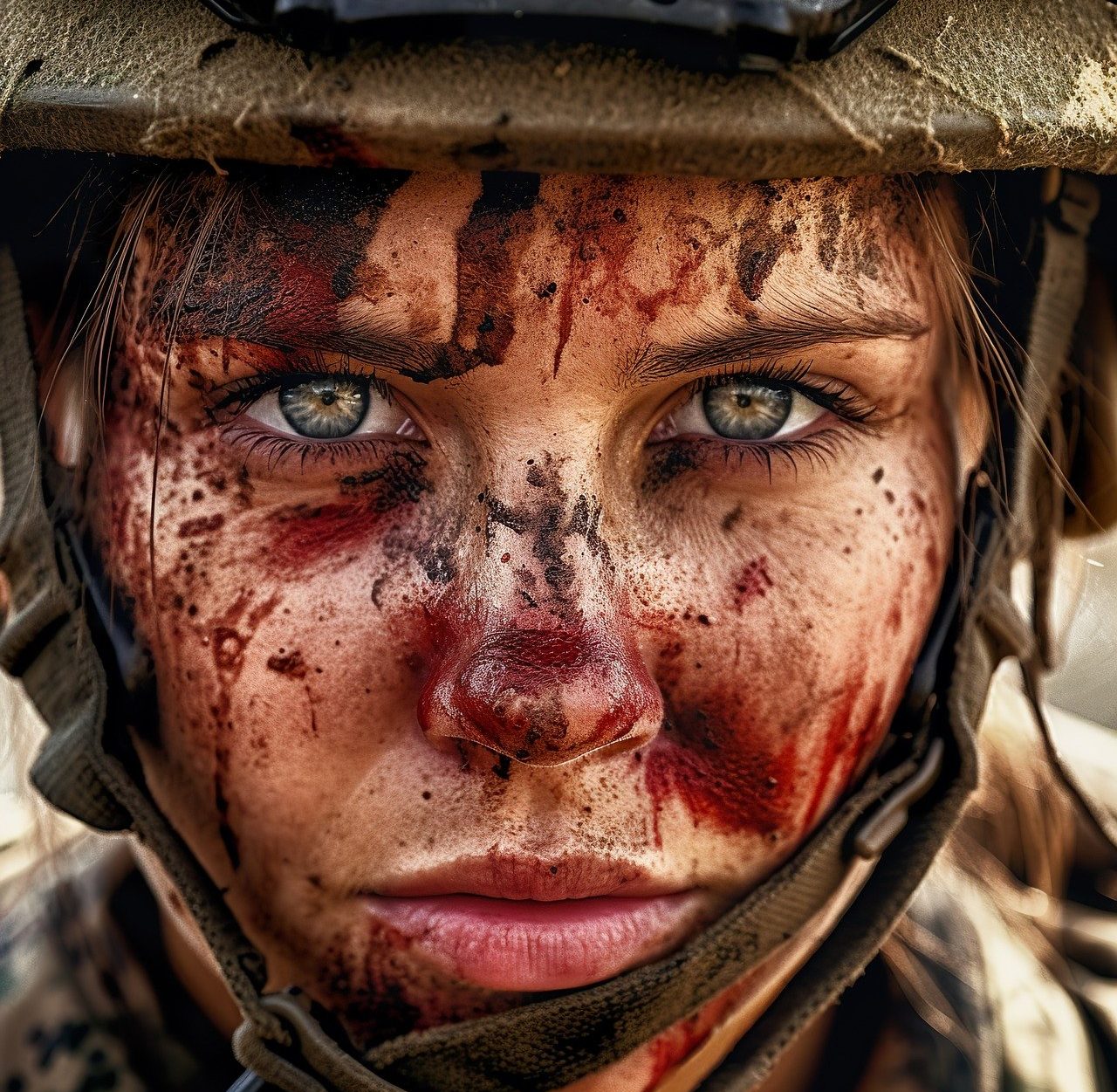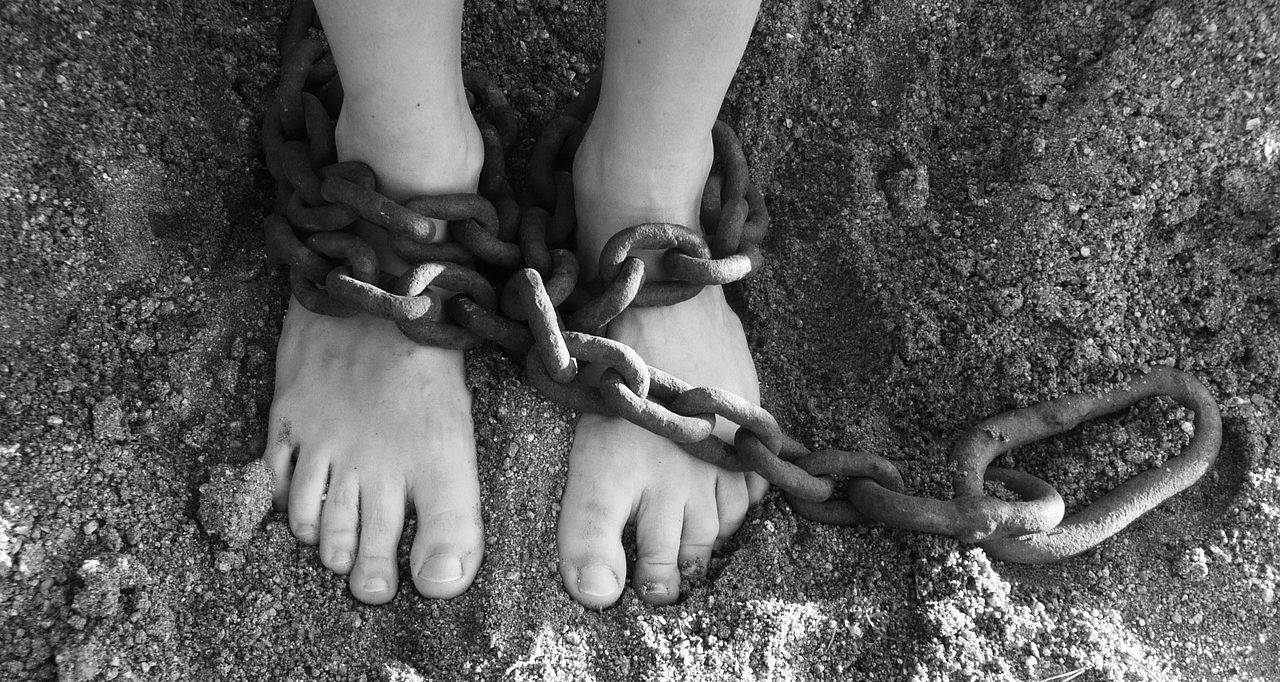
The use of child soldiers is considered a war crime.
A war crime is a serious violation of international humanitarian law in the context of an armed conflict . This is an infraction that breaks the customs and rules of war.
It should be noted that the term crime refers to a serious crime. A war , meanwhile, is a violent contest between two or more countries or sides that includes the use of weapons.
A war crime, in this way, occurs when the rules that regulate this type of conflagrations and fights are violated. These laws aim to establish limits on the conduct of the intervening parties to minimize people's suffering and provide protection to those who do not intervene in the fight.
History of the concept
To understand what a war crime is, you must first focus on the laws of war . In the 19th century, the belief began to be forged that war conflicts should be subject to legal rules: that is, it began to be considered that in a war not all actions are valid or justifiable by the context.
Within this framework, in 1864 the first of the Geneva Conventions was signed as an instrument for the regulation of the so-called international humanitarian law . Then, in 1906 and 1949 , other conventions were signed, always seeking to provide protection to victims of armed confrontations.
In 1945 , the International Military Tribunal in Nuremberg imposed sentences for war crimes for the first time. These judicial processes, known as the Nuremberg Trials , were promoted by the Allies against the leaders of Nazism to pay for the Holocaust and the massacres committed during World War II . The classification of the crimes that was carried out later allowed the United Nations ( UN ) to develop the corresponding international jurisprudence.
Continuing with the historical evolution, in 1998 the International Criminal Court , also known as the International Criminal Court , was founded, permanently operating to try individuals accused of war crimes, crimes against humanity, crimes of aggression and genocides. This court was established based on the Rome Statute , which contains the codification of war crimes currently considered.

Attacks on hospitals appear among war crimes.
Types of war crimes
According to the Rome Statute , a war crime is a serious violation of the Geneva Conventions . It also qualifies in this way the violations of the customs and laws of war.
This definition establishes what actions can be judged as war crimes. The murder of civilians, shipwrecked people and prisoners is considered a war crime, as is the mistreatment of them.
Taking hostages is also a war crime. The same as the use of chemical weapons .
Deportation or forced displacement ; torture ; the looting of property , both private and public; forced labor ; and destruction without justification are other types of war crimes.

Human trafficking in the context of a war conflict is a war crime.
International humanitarian law
War crimes are prosecuted under international humanitarian law. Beyond the modifications and updates to the regulations, since its inception it has been governed by the same principles: the protection of the civilian population and the dignified and humane treatment of all people .
In this way, international humanitarian law seeks to minimize the consequences of war on civilians and all those who are non-combatants. It also seeks the conservation of humanity in the actions of soldiers.
As we already indicated, when international humanitarian law is seriously violated, a war crime is committed. The International Criminal Court is the judicial body that allows those responsible for war crimes to be tried and avoid impunity. That is to say: international humanitarian law indicates what the laws of war are but without referring to punishments, while the International Criminal Court judges and imposes penalties.
It must be considered, however, that the courts of the countries where the crimes were committed can also judge those responsible. When national judges cannot carry out trials, the International Criminal Court emerges to apply international criminal law.
Another important fact is that the International Criminal Court judges individuals and not States . The criminal responsibility of the person is analyzed, regardless of their position. On the other hand, due obedience (that is, compliance with an order given by a superior) cannot be used to avoid that responsibility.
War crimes, likewise, are imprescriptible . There is no time frame to carry out the relevant investigations and finalize the corresponding trials.
Examples of war crimes
We can find examples of war crimes in the war that broke out in 2022 between Russia and Ukraine . According to Amnesty International , there are records of attacks on schools and hospitals and indiscriminate bombings by Russian forces.
A special UN commission, for its part, reported that war crimes are being committed in Mali , where there has been an internal armed confrontation for more than a decade. According to their report, there are attacks against civilians and offensives for ethnic cleansing .
Sexual violence in war conflicts also constitutes a war crime. For example, more than 2,000 cases have been documented in the Central African Republic during fighting during its second civil war, which began in 2012 .
At a historical level, the best-known examples of war crimes are those committed by the armed forces of Nazi Germany between 1933 and 1945 , which include the Holocaust (the genocide against Jews and other groups), the concentration camp as a scene of torture and mass murders and extrajudicial executions.
